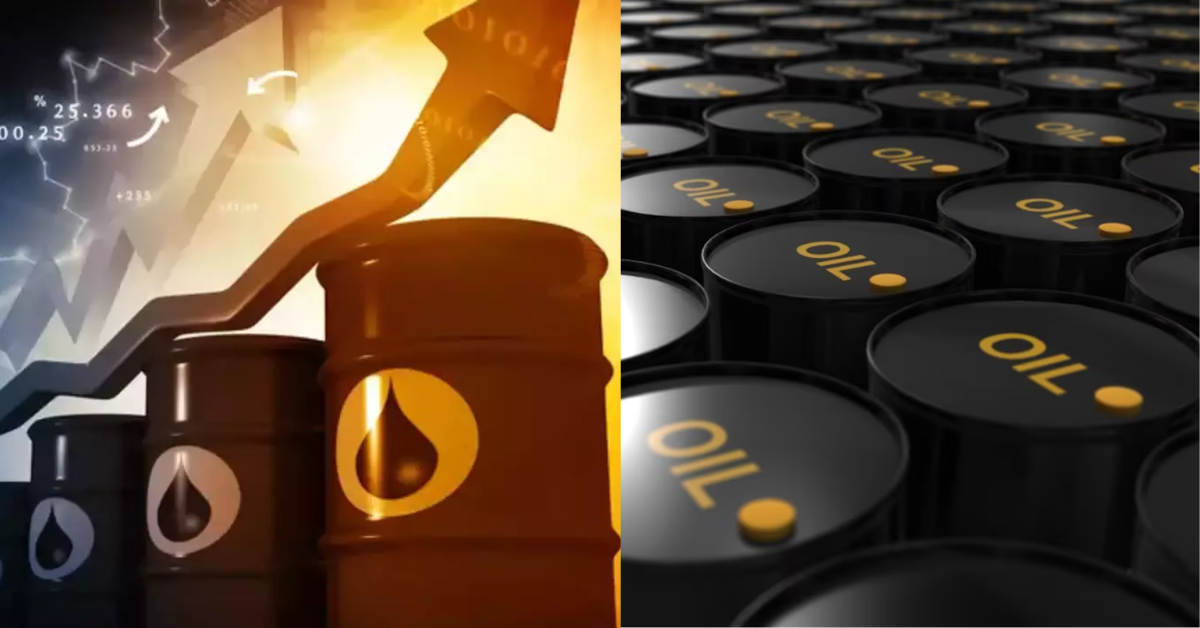Tuesday, October 17, saw a little increase in oil prices ahead of US President Joe Biden’s trip to the Middle East, which is anticipated to involve juggling support for Israel with efforts to stop any regional escalation of its conflict with Hamas. Tomorrow’s visit by Biden to Israel will aim to strike a balance between supporting Israel’s campaign against Hamas and attempting to persuade Arab nations to back efforts to avert a regional crisis.
Brent futures increased $0.74 to $90.39 a barrel after falling more than a dollar on Monday, while US West Texas Intermediate (WTI) crude increased $0.69 to $87.35. Last week, both oil benchmarks saw significant increases driven by worries about the Israel-Hamas war. Reuters reported that the global benchmark Brent increased 7.5%, marking its biggest weekly gain since February.
Back home, crude oil futures with an expiration date of October 19 were last trading 0.7% lower at $7,188 per barrel on the Multi Commodity Exchange (MCX), having ranged between $7,132 and $7,528 per barrel during the day. This compares to the previous closing of $7,239 per barrel.
What influences the price of crude oil?
According to Reuters, Iran promised to take preventive measures through the “resistance front” of its allies, which includes the Lebanese Hezbollah militia. Oil prices are fluctuating, according to analysts, as energy dealers wait to see if US diplomatic efforts would be effective in preventing the Israel-Hamas crisis from escalating into a larger regional conflict.
Since 2019, the US has placed restrictions on oil shipments from Venezuela, an OPEC member, in an effort to punish President Nicolas Maduro’s administration for what it viewed as fraudulent elections in 2018.
To lower the high prices, the US administration has been looking for ways to increase the flow of oil to international markets. However, due to a lack of investment, any actual rise in Venezuela’s oil production will take time.
Which way are prices going?
WTI crude oil futures dipped at the beginning of the week, according to analysts, as the US stepped up diplomatic attempts to manage the Middle East conflict. As Biden prepares for the 2024 presidential election, the US cannot pinch Iranian and Russian energy at the same time without taking major political risks.
”Oil prices were also under pressure on reports that the United States will remove sanctions on Venezuelan oil exports in exchange for steps to ensure the country has free and fair presidential elections next year,” said Ravindra Rao, CMT, EPAT, VP-Head Commodity Research, Kotak Securities.





